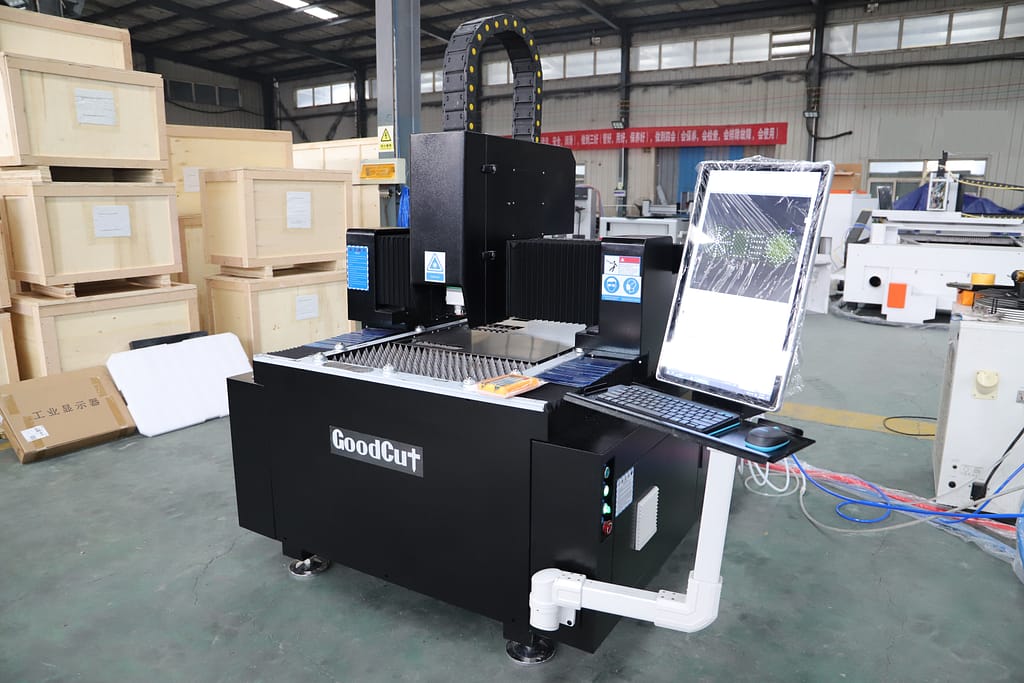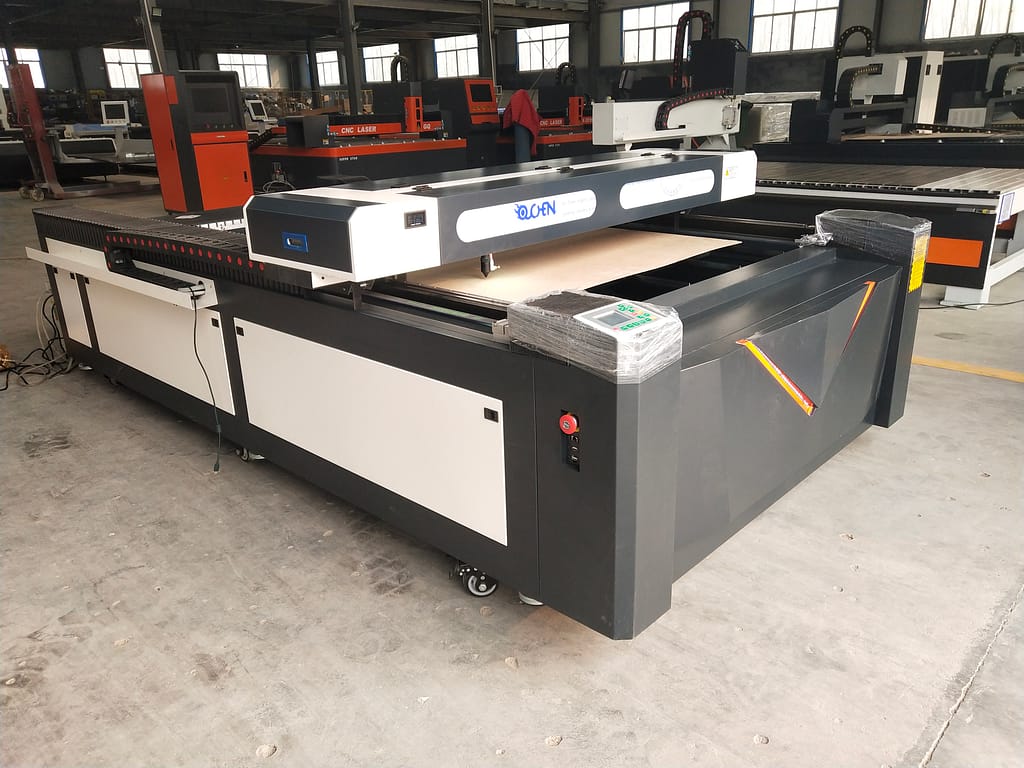CNC (Computer Numerical Control) machines have revolutionized the manufacturing industry. These precision-driven devices are designed to automate complex tasks with high accuracy, speed, and consistency. As industries continue to demand higher production standards, the advantages of what is a CNC machine have become increasingly evident. In this article, we will explore the modern advantages of CNC machines, how they are transforming industries, and why they represent a significant leap forward in manufacturing technology.
Unveiling the Magic Behind CNC Machines
In today’s fast-paced industrial world, staying ahead means embracing technology that increases efficiency, reduces errors, and lowers costs. CNC machines stand at the forefront of this technological shift. But what is a CNC machine, and why is it so important? A CNC machine is a computerized tool that automates processes like drilling, cutting, milling, turning, and engraving. The beauty of CNC lies in its ability to perform highly intricate operations with minimal human intervention, delivering consistent results across thousands of products.
What Makes CNC Machines Stand Out?
At the core of what is a CNC machine lies a fundamental difference from traditional manual machining. CNC machines use computers to control the movement and operations of machinery, ensuring precision, flexibility, and scalability. Unlike manual machines where operators guide tools by hand, CNC machines follow programmed commands from a computer, resulting in faster and more accurate processes. This is just the beginning of what makes CNC technology indispensable in modern manufacturing.
The Advantages of CNC Machines
Precision and Accuracy
One of the defining advantages of what is a CNC machine is its unparalleled precision. Traditional manual machining is prone to human error, where factors such as operator fatigue or inconsistency can impact the final product. CNC machines, on the other hand, follow pre-set programs with high accuracy, minimizing the risk of defects and ensuring that each part is produced to the exact specifications. Whether it’s a small batch or mass production, CNC machines guarantee consistent results, making them ideal for industries that require tight tolerances and high-quality standards.
Increased Productivity
Another significant advantage of CNC technology is its ability to increase productivity. CNC machines can run continuously, working around the clock without the need for frequent breaks or shift changes. This ability to operate 24/7 results in higher production output and faster turnaround times. Moreover, CNC machines require less human intervention, freeing up skilled workers to focus on more complex tasks, such as programming and maintenance, rather than manual operations.

Flexibility and Versatility
CNC machines are incredibly versatile, capable of handling a wide range of materials, including metals, plastics, wood, and composites. This versatility makes them applicable in industries ranging from aerospace and automotive to electronics and furniture production. Whether you’re manufacturing intricate components or large structural parts, CNC machines can easily adapt to different tasks, which is why they are such a valuable asset in the modern manufacturing world.
Additionally, CNC machines can be quickly reprogrammed to produce different parts or products, offering significant flexibility in production lines. This makes it easier for manufacturers to meet market demands and produce custom products without extensive downtime.
Cost Efficiency
Although CNC machines require an initial investment in equipment and programming, they can ultimately save manufacturers money in the long run. The precision and speed offered by CNC machines reduce material waste and the need for costly repairs due to human error. Moreover, the automation of tasks means fewer workers are needed on the factory floor, reducing labor costs. Over time, the efficiency gains from what is a CNC machine result in a significant return on investment, especially for companies that require mass production.
Enhanced Safety
Safety is always a primary concern in manufacturing environments. CNC machines are equipped with advanced safety features, such as protective enclosures and automated shut-off functions, which significantly reduce the risk of accidents. Unlike manual machinery, where operators are exposed to moving parts, CNC machines are generally operated remotely, minimizing the risk of injury. With the integration of robotics and AI, CNC machines can further enhance safety, ensuring that operators remain at a safe distance from hazardous operations.
Improved Design Capabilities
CNC machines enable designers to create intricate, complex designs that would be nearly impossible with traditional machining methods. The computer control allows for highly detailed and sophisticated part geometries, ensuring the creation of products that are both functional and aesthetically appealing. Additionally, what is a CNC machine also opens the door to rapid prototyping, where designs can be tested and adjusted quickly before full-scale production.
This ability to easily modify designs and make iterative changes means that manufacturers can respond faster to customer needs, improve product features, and reduce time-to-market for new products.
The Technological Evolution of CNC Machines
From Manual to Automated Precision
The transition from manual machining to CNC technology represents a giant leap forward in the manufacturing industry. Early CNC machines were primarily used for simple tasks, but over time, advancements in software, hardware, and automation have enhanced their capabilities. Today’s CNC machines are equipped with state-of-the-art technology, such as 5-axis machining, AI-driven automation, and advanced sensors, which enable them to handle even the most intricate tasks with precision.
The Integration of Robotics and Artificial Intelligence
As technology advances, CNC machines are becoming even smarter. The integration of robotics and artificial intelligence allows CNC systems to automate more complex processes, improve maintenance scheduling, and even self-correct issues during operation. For example, AI algorithms can detect flaws in real-time and adjust the machine’s settings to prevent defects. This level of automation further reduces human error, making CNC machines even more efficient and reliable.
The Future of CNC Machines
The future of what is a CNC machine is an exciting one. As industries demand more automation and efficiency, CNC technology will continue to evolve. From additive manufacturing (3D printing) to the integration of IoT (Internet of Things), CNC machines will become even more connected, data-driven, and intelligent. This means that the machines of tomorrow will not only automate physical tasks but also use data to make decisions that optimize performance.
Moreover, as CNC machines become more accessible and affordable, smaller businesses will also benefit from these innovations, leveling the playing field and allowing them to compete with larger enterprises.
Why CNC Machines Are the Future?
What is a CNC machine? It is not just a tool; it is a cornerstone of modern manufacturing. With its unmatched precision, speed, flexibility, cost-efficiency, and safety, CNC technology has transformed the way industries operate. Whether you’re producing complex aerospace components or everyday consumer goods, CNC machines offer significant advantages that drive innovation and improve quality.
As industries continue to evolve, the role of CNC machines will only become more prominent. Those who embrace this technology are not just staying ahead of the curve—they are setting the pace for the future of manufacturing. So, if you’re looking to gain a competitive edge, investing in CNC technology is no longer a luxury—it’s a necessity.
